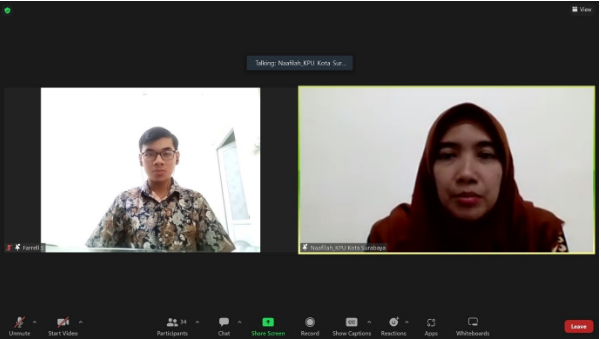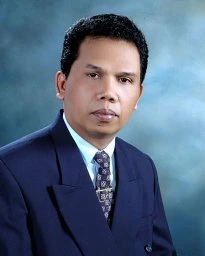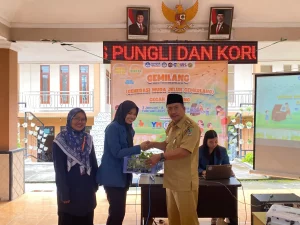The Ministry of Social and Political Affairs of the Student Executive Body of the Faculty of Law, University of Airlangga (Kemensospol BEM FH UNAIR) held a webinar entitled “Tracking the Facts of Leaking Public Personal Data: Leaking Our Data for Elections” on Thursday (17/11/2022). The webinar invited Naafilah Astri Swasrist, S.Sos., M.IP., Commissioner of the Planning, Data, and Information Division of the Surabaya City General Election Commission (KPU).
Naafilah explained the material “2024 Election: Tracing Leakage of Personal Data in Political Contests”. The legal basis that he uses is Law Number 7 of 2017 concerning General Elections; Law Number 27 of 2022 concerning Protection of Personal Data; KPU Regulation Number 4 of 2022 concerning Registration, Verification and Determination of Political Parties Participating in the General Election for Members of the People’s Representative Council and Regional People’s Representative Council; and KPU Regulation Number 7 of 2022 concerning Compilation of Voter Lists in the Implementation of General Elections and Voter Data Information Systems.
Naafilah explained the difference between voter data and population data. Voter data is population data that has been processed to suit the requirements of being a voter. In contrast, population data is the authority of the Directorate General of Population and Civil Registration.
Naafilah also explained in organizing the 2024 general elections (elections) 2024, KPU was updating and compiling de jure voter lists based on electronic identity cards and/or family cards for Indonesian citizens living in Indonesia. Meanwhile, for Indonesian citizens who live outside the country of Indonesia, updating and compiling is carried out based on an electronic Identity Card and/or Family Card, passport, or Passport-like Travel Document.
“Updating voter data, done from house to house, is carried out close to regional head elections or general elections. We are receiving responses from the public whether there are residents who are 17 years old who have not yet entered the Final Voter List and so on,” said Naafilah.
He continued by saying that the KPU has the right to factually verify member data submitted by political parties as a condition for becoming a voter participant. This factual verification was carried out by random sampling. Suppose it turns out that the person concerned is not a political party member. In that case, an objection can be made by filling out a formula through the Political Parties Information System (Sipol) application.
“There will be adjustments regarding the announcement of the Fixed Voter List attached to each polling station; for example, the National Identity Number and Family Card Number will not appear or will be partially censored,” concluded Naafilah.








